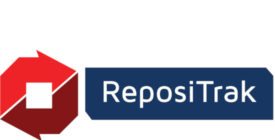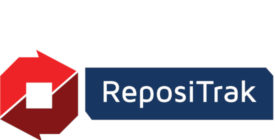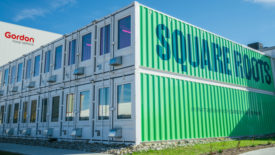Home » Keywords: » traceability
Items Tagged with 'traceability'
ARTICLES
Clock Ticking on FSMA Compliance
The Food Safety Modernization Act’s traceability requirements are effective in two years.
December 8, 2023
ReposiTrak Marks First, Fully Automated FSMA 204 Traceability KDE Record Creation
The world’s first no-scan receiving and shipping Key Data Element (KDE) records were assembled successfully, a milestone in food traceability.
August 25, 2023
Square Roots Springfield is Company’s First Indoor Farm in Ohio, Third Location with GFS
Farm has the capacity to grow more than 2.4 million packages of herbs and leafy greens annually
October 31, 2022
Lower Costs in Plant-Based Commodities Could be Exponential Growth for the Category
Dr. Sasha Goodman, VegTech Invest President and Fund Manager
August 2, 2022
EVENTS
Industry
9/11/13
National Press Club, Zenger Room
529 14th St. NW
Washington, DC
United States
Global Food Traceability Center Press Conference
Elevate your expertise in refrigerated and frozen foods with unparalleled insights and connections.
Get the latest industry updates tailored your way.
JOIN TODAY!Copyright ©2024. All Rights Reserved BNP Media.
Design, CMS, Hosting & Web Development :: ePublishing









